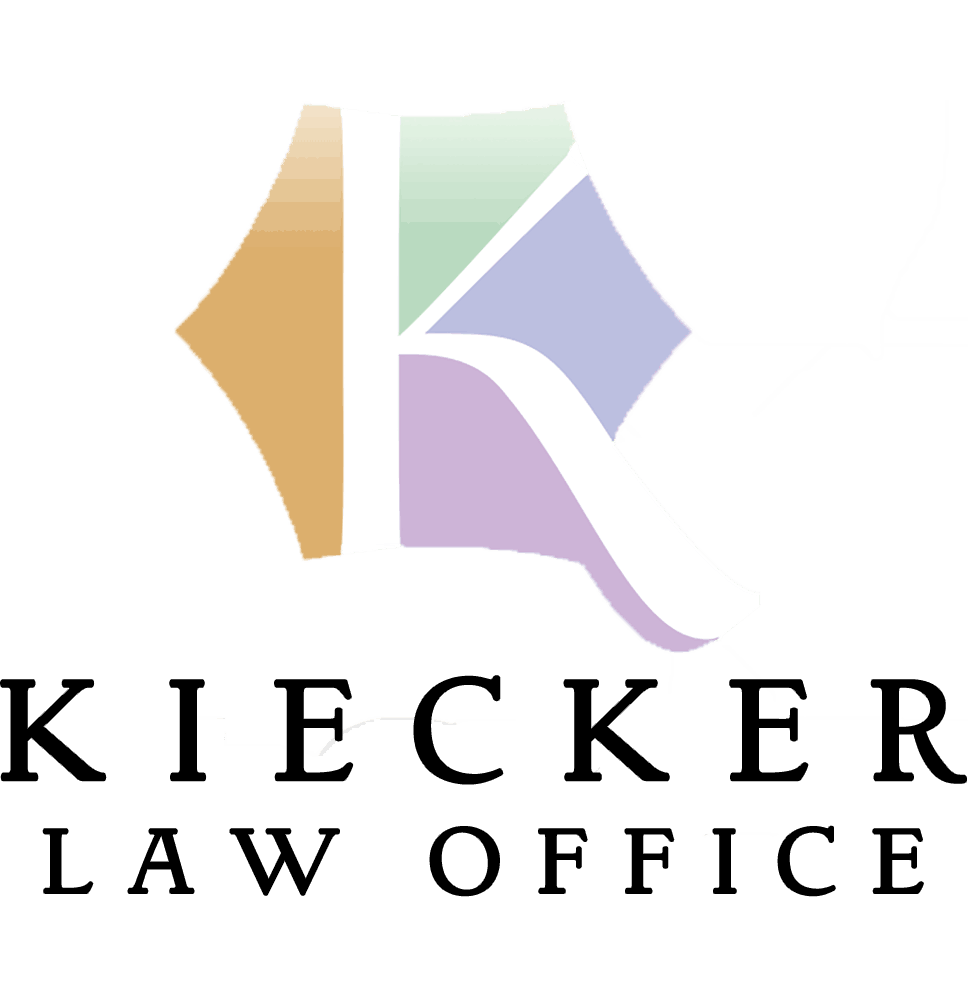Why Do I Need a Revocable Trust?
We previously discussed what a trust is and how it functions. Please read that post first to better understand how a trust works.
A revocable trust is probably the most common type of trust that we see. A good way to think of a revocable trust is that it is the trust that is used in most situations. You may have a special circumstance such as a special needs child or want the trust to distribute your assets to a charity, but most people that want or need a trust will write a revocable trust.
So, what is a revocable trust? Well, first of all, we’d suggest reading our blog on what trusts are. If you recall, we compared a trust to an empty box to store your assets in. A revocable trust allows you to put your assets into a legal device to protect those assets, but still allow you to control the asset. For example, you may want to put your house into a revocable trust so that when you pass away, it can more easily pass to your heirs. The nice thing about a revocable trust is that you are able to change whether an asset is held within the trust. That’s what makes it revocable, you can move your assets in and out of that metaphorical box.
That begs the question, why would you WANT to put your stuff into that trust? That’s a question that has multiple answers. This is why it is the most flexible, it can solve a lot of different problems. A huge driver for people wanting a revocable trust is their family. People want to protect their family and they want to take care of their family financially into the future.
Some people may want to leave a legacy for their family. If you have more than $3 million in assets, you may want a revocable trust. Why? Simply put, it is the random number that the state of Minnesota has decided estates get taxed. So, if you want to pass assets on to the next generation and want to limit the amount of taxes that are paid, a trust is one avenue to do that. We won’t get into the specific details on this as this post would end up being way too long and dry.
Along the same lines of wanting to pass on your assets to your kids, you may have an adult child that is not very wise with money. Say for example, you have a child that has a drug or alcohol problem, the last thing you want to do is give them a boatload of money to feed their habit. Sure, you may want to take care of them, but you don’t want a windfall to be a detriment to them. What you may be able to do is set conditions so that your gift to your children is used wisely.
Maybe your gift to your children is the family cabin. A revocable trust would allow you to keep that cabin in the family and would allow you to pass it down to future generations. It’s a great way to make sure that taxes don’t eat up the entire value of something that you worked hard and can continue to bring your family together.
The last reason that we’re going to touch on is protecting your family. Placing your assets in a trust provides privacy. The figurative box blocks your nosy neighbor from seeing what you have and what you’re passing on to your kids. Any assets that are placed into trust do not have to go through the probate process. That means it is not public record and people won’t just be able to go online and know all of your financial business. That also means that the probate process is typically shorter and, in fact, may allow you to avoid probate. Your trust will lay out what should happen to your stuff and it won’t need to go through the legal proceedings. It will likely reduce the potential issues that may arise legally and reduce the heartache that your family has to go through.
Regardless of your goals, you will want to do a full evaluation along with your attorney so you can make sure a revocable trust is the correct option for you. There is no one-size-fits-all in estate planning so it’s very important to make sure you’re using the correct tool. A revocable trust is one tool, and it is a good one, but it may or may not be the right tool. Make sure you work along with your trusted advisors to make sure you are doing what’s best for you.


